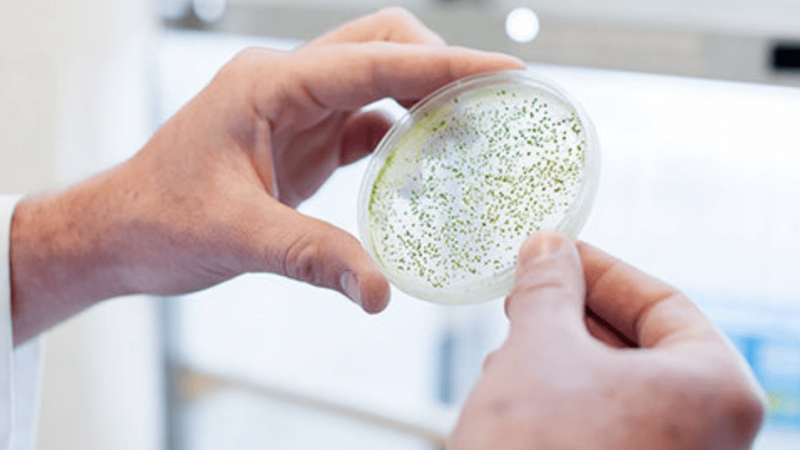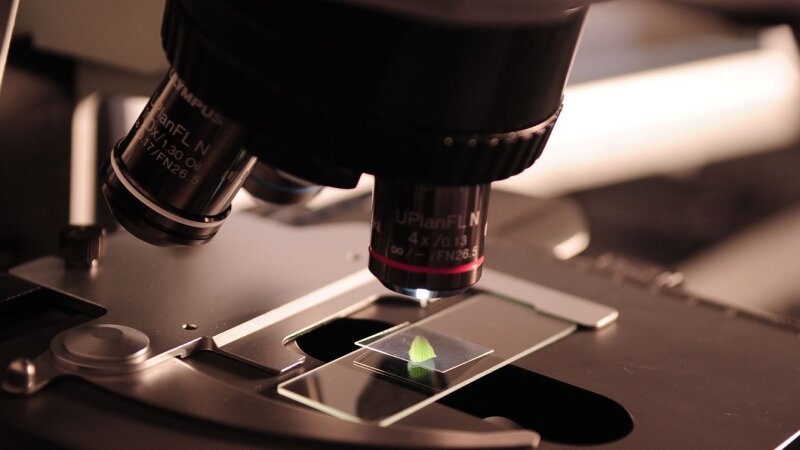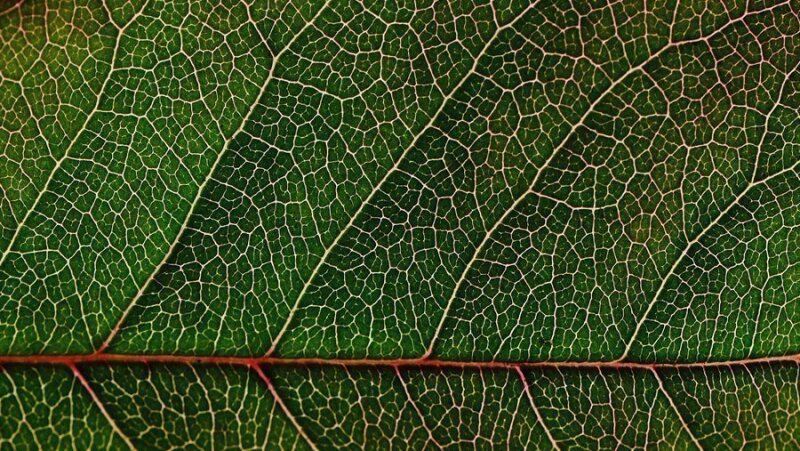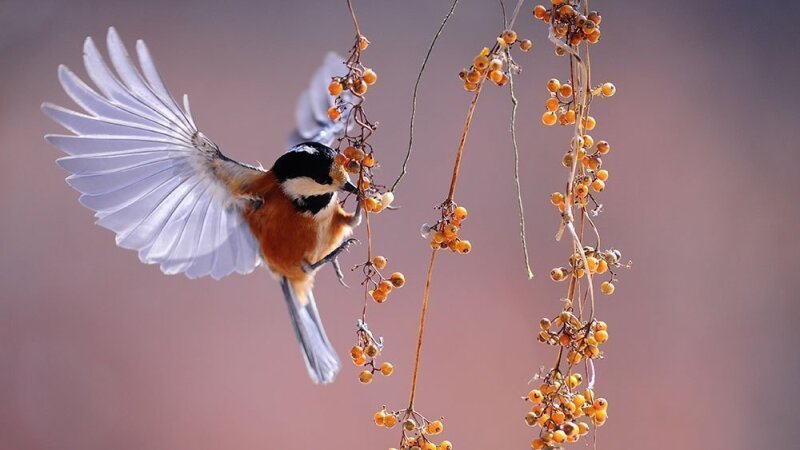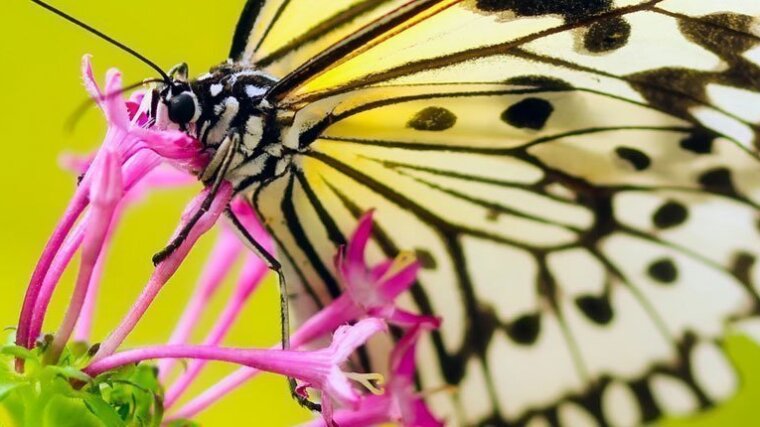
Kirsten Küsel / Ulrich Brose
Image: rechtes Bild: iDivKirsten Küsel Ulrich Brose
Nicole van Dam
Image: iDivNicole van Dam Aletta Bonn
Plant Biotic InteractionsExternal link Ecosystem ServicesExternal link
Bas E. Dutilh / Susanne Fritz
Image: private/ Bas E. Dutilh Susanne Fitz
Viral Ecology and Omics Biodiversity in the AnthropoceneExternal link
Omer Nevo / Johannes Zimmermann
Image: iDiv/privatOmer Nevo Johannes Zimmermann
Evolutionary EcologyExternal link Junior Group Leader
'Mechanisms of Microbial Metabolic Interactions'
Martin Taubert
Image: Jan-Peter Kasper (University of Jena)Biodiversity forms the foundation for human well-being on our planet. Anthropogenic activities are, however, causing a dramatic loss in biodiversity. Our research contributes to a better understanding of how biodiversity emerges, is maintained, and can be conserved for future generations.
The Institute of Biodiversity integrates research across a broad range of biodiversity topics.
tint
Institute of Biodiversity
The research group Aquatic Geomicrobiology uses molecular approaches to study microbial ecology in deep water wells as well as in ecosystems.
flask
Molecular Interaction EcologyExternal link
Chemical and molecular approaches between plants, microbes and herbivores
Institute of Biodiversity
The research group Molecular Interaction Ecology uses chemical and molecular approaches combined with ecological experiments to elucidate the mechanisms underlying interactions between plants, microbes and insect herbivores.
networks
Institute of Biodiversity
Image: PexelsThe Ecological Networks Lab (EcoNetLab) adresses the structure, dynamics and functioning of natural networks with a special focus on food webs and spatial networks of meta-communities.
Ecosystem ServicesExternal link
Aspects of conservation biology, ecosystem services and citizen science
Ecosystem Services
The research group Ecosystem Services focusses on applied aspects of conservation biology and ecosystem services including citizen science.
iDiv
All research groups form part of the German Centre of integrative Biodiversity Research (iDiv) Halle-Jena-LeipzigExternal link.
These biodiversity-related research topics are introduced to students in various bachelor and master courses, as well as in BSc or MSc thesis projects.




